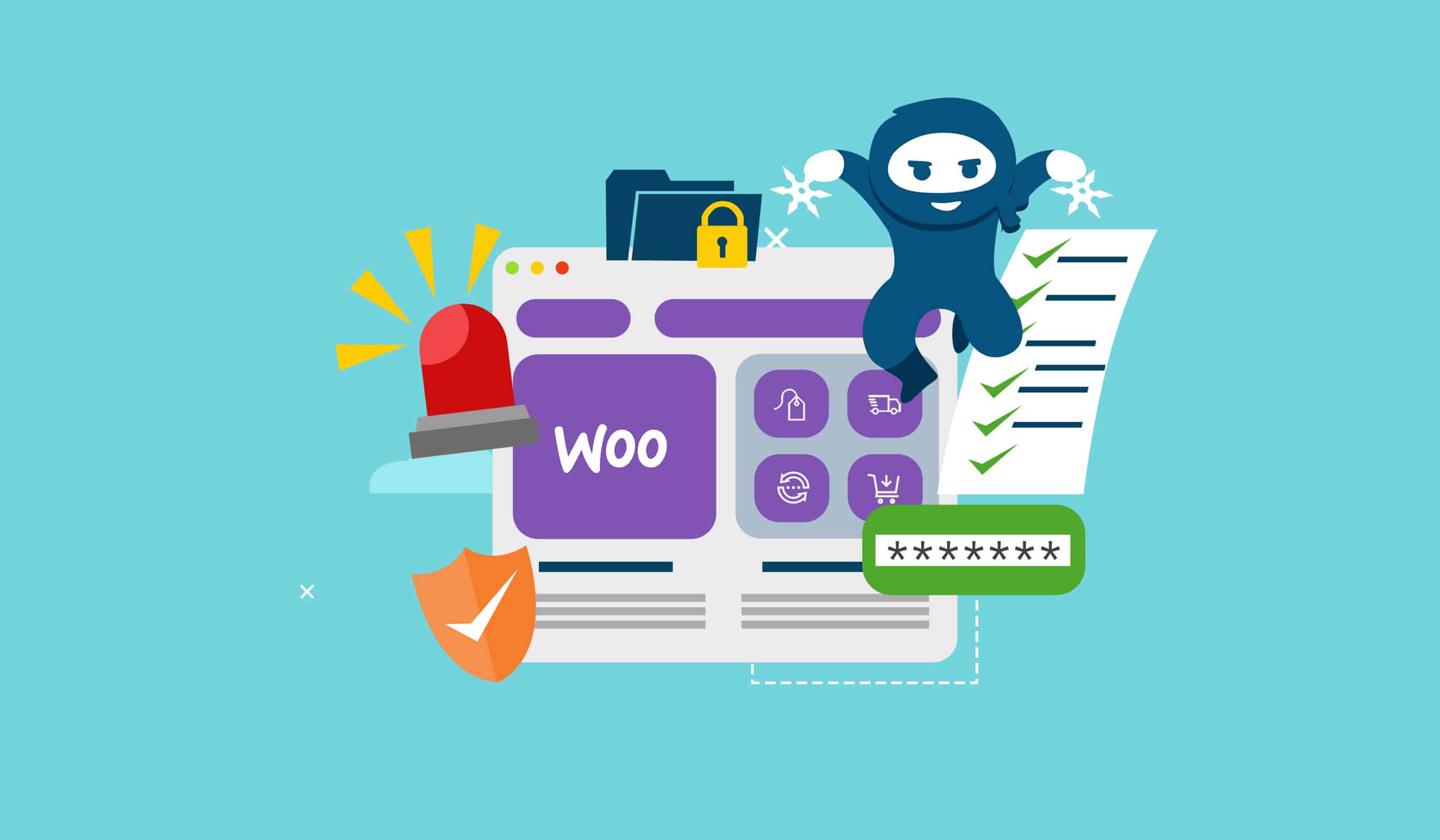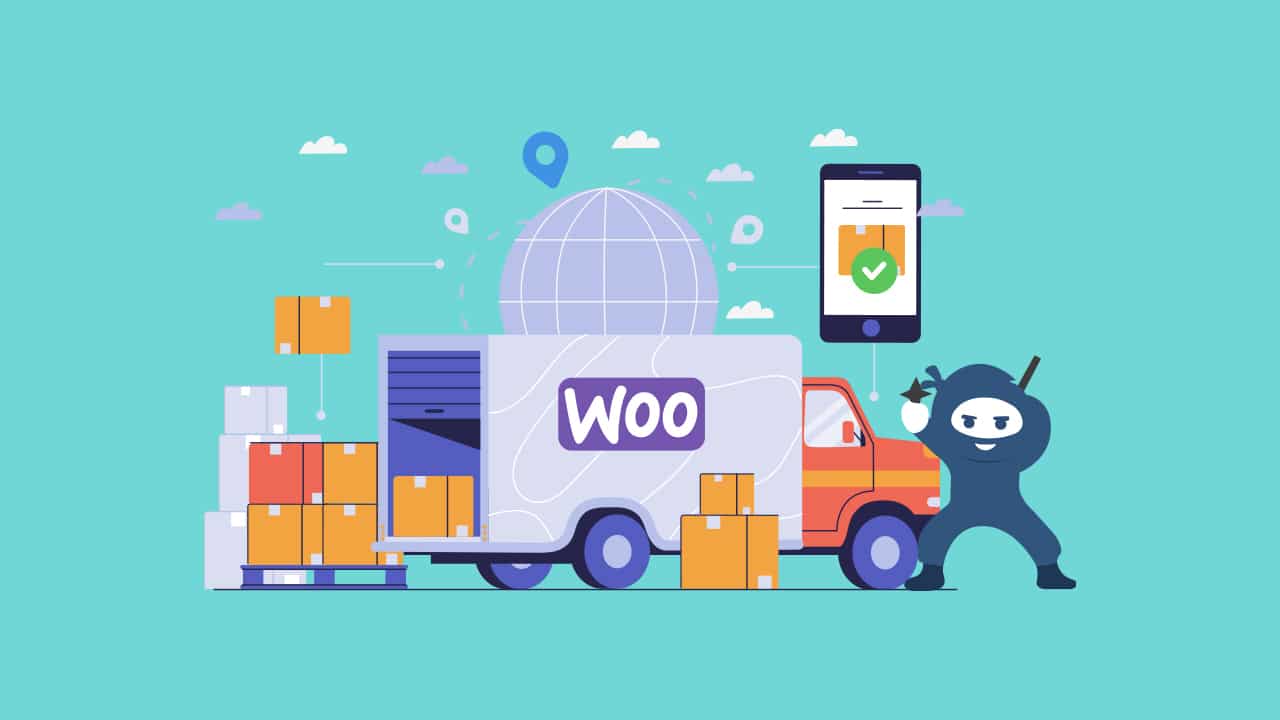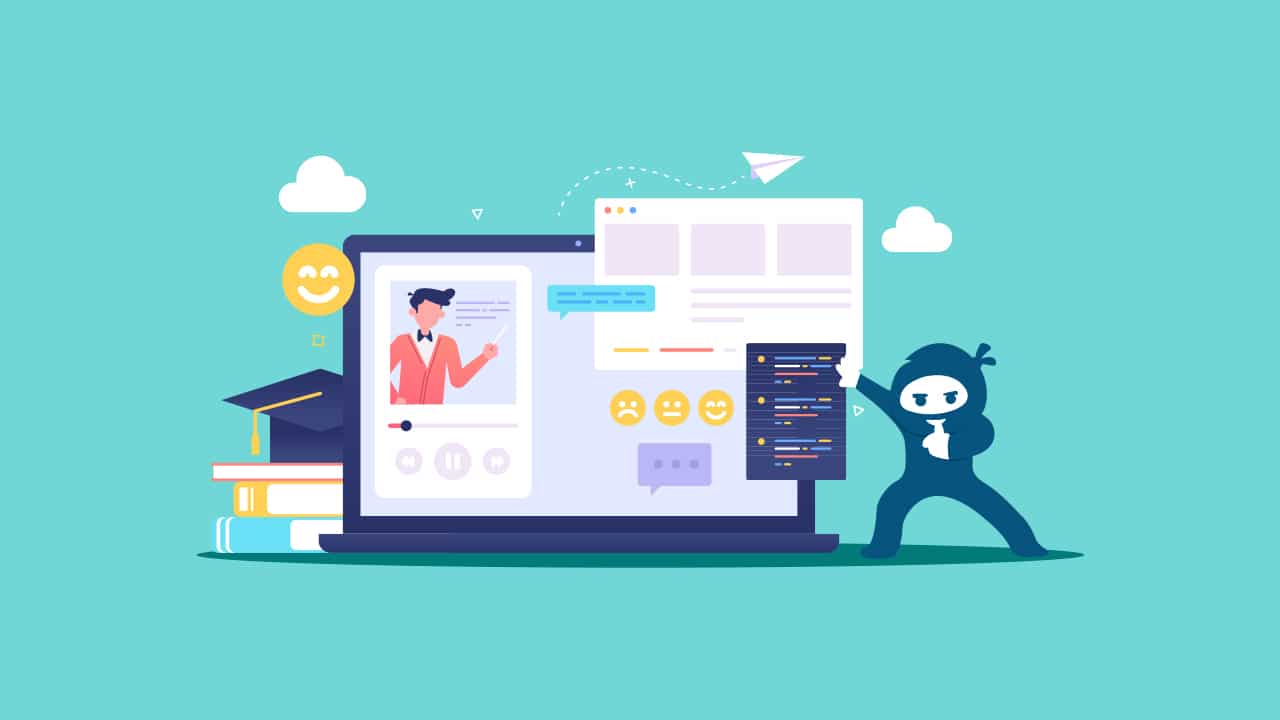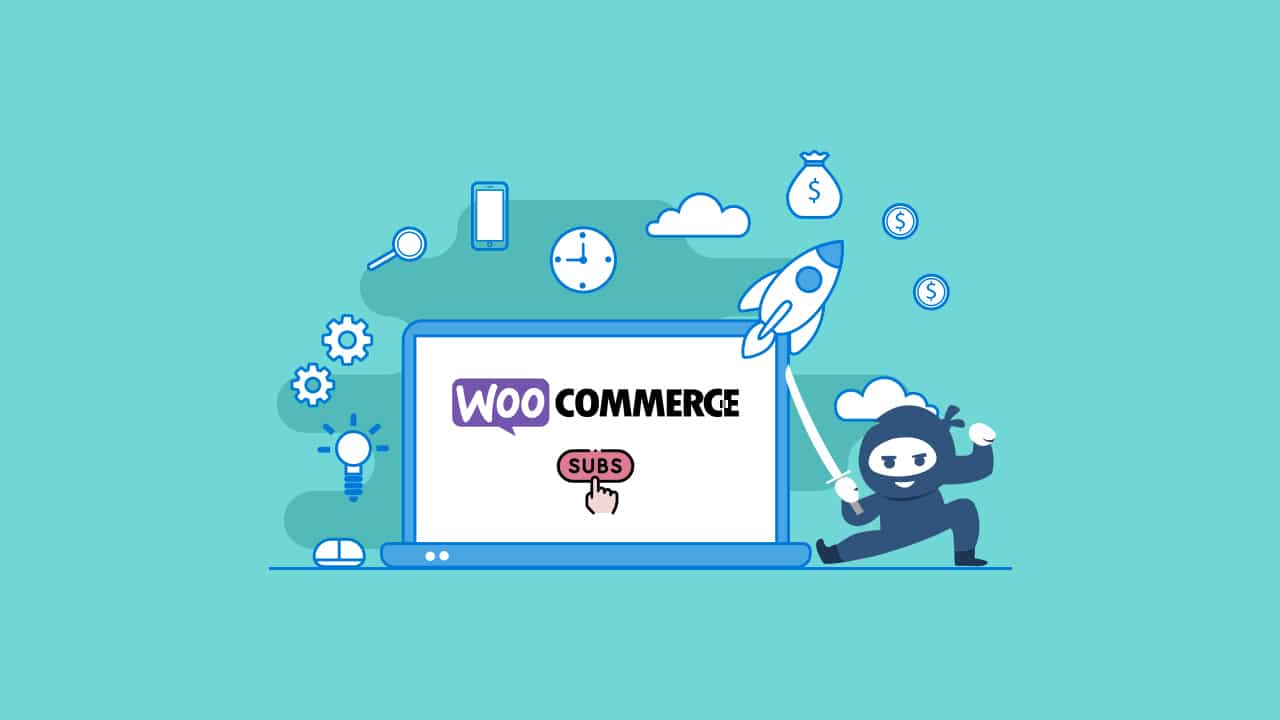As the leading eCommerce platform, WooCommerce is one of the most popular extensions for WordPress. Since its launch in 2010, it has become the most popular eCommerce plugin.
WooCommerce is a powerful, flexible, and fully customizable solution that allows you to create an online store from scratch. It offers many features, including cross-selling and up-selling, multi-language support, payment gateways, and more.
If you want to turn your online store into a thriving business with millions of customers visiting your site every month, then ensuring optimal security is indispensable. This article will help you get there faster with a complete WooCommerce security checklist.
Why Securing Your WooCommerce Store Is Critical?
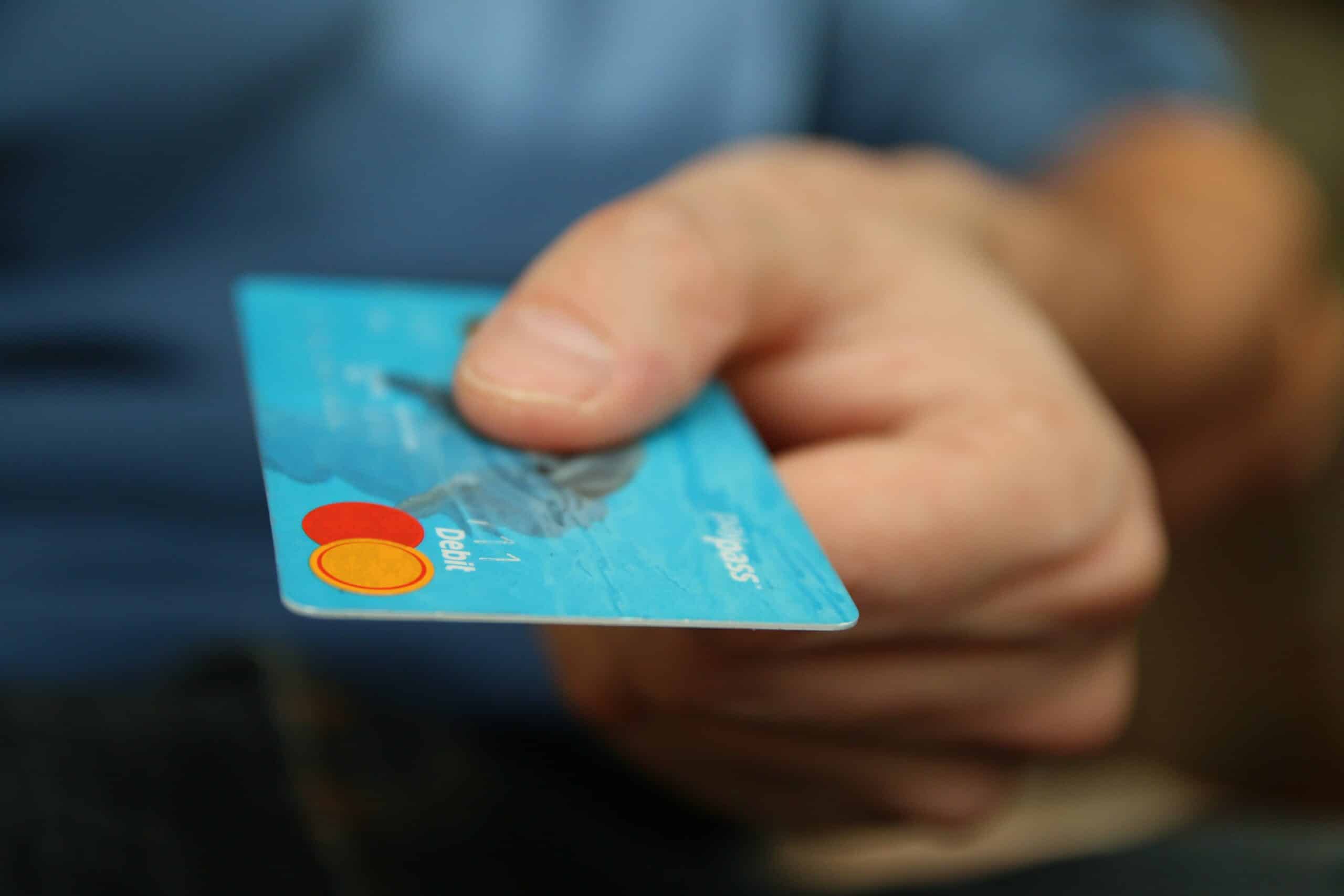
The importance of security cannot be overstated. It protects you from attacks and helps your customers feel safe when making purchases on your website or mobile app.
As the number of people shopping online continues to increase, retailers need to take a closer look at the security of their e-commerce sites and take steps to protect them against potential threats.
A WooCommerce store must have a high level of security because if someone gets hold of your account details and password, they will be able to access everything on your account – including customer data, payment details, and emails.
For example, if a hacker gets access to a customer’s credit card details, this can lead to all kinds of problems:
- First, the hacker could charge fraudulent charges to the customer’s account.
- The hacker could open new accounts in the customer’s name and steal money from these accounts.
- Finally, the hacker could use the information for identity theft or social engineering.
In addition, online stores need increased security because they have more opportunities than other types of businesses to attract malicious hackers.
Besides, to stay competitive and make it to the top of the ecommerce world, you need to invest in your online store security. This includes technological solutions and the people you hire to run your business.
Security Checklist for Your Online WooCommerce Store
The good news is that there is no need to panic just yet because there are things you can do right now to improve the security of your online store right away. So let us take a look at some ways you can boost your WooCommerce store’s security:
Using A Secure and Reputable Hosting Provider
Your WooCommerce site is only as secure as its hosting provider. Choosing a reputable and safe web hosting provider will help you avoid any security breaches in the future. It is just as important as the theme and plugins you select. A host that is not only secure but also reliable and up-to-date with the latest technology is what you need.
Your hosting provider should have a good reputation in the industry and provide you with all the needed security features to protect your site from hackers, malware attacks, and other online threats.
As with most things in life, it is better to be safe than sorry. Therefore, a reputable hosting provider must offer a range of security features:
SSL encryption – This means that all of your data will be encrypted before being sent over the internet. This prevents unauthorized parties from intercepting any information sent between your computer and server.
Anti-virus protection – If hackers have compromised your site, you should install an anti-virus solution on your server to prevent malicious code from entering through its network connection.
Firewall protection – A firewall can protect a server from external attacks by filtering out unwanted traffic (like those from hackers).
24/7 Support – A hosting provider will help you set up your site’s security settings, provide 24/7 customer support, and ensure that your site operates appropriately.
Ensure To Use Strong Passwords
When you are setting up your WooCommerce store, it is crucial to ensure that you use strong passwords. A strong password should contain at least 12 characters, mixed upper- and lowercase letters, numbers, and symbols.
You should also ensure that only authorized people have access to your store. Set usernames for each person who can access data to ensure your store is in safe hands.
Avoiding using the same password on multiple websites is also a good idea. If you do so, ensure each website has its unique password.
Also, periodically change your passwords, especially if you use the same password for multiple sites or share your passwords with others who have access to them.
Using SSL Certificate
Using SSL (Secure Sockets Layer) certificates on your website is important. This encrypts the information that passes between your site and the server, making it much harder for hackers to steal data. Using SSL is a must for every business owner, but knowing where to start when getting an SSL certificate can be difficult.
You can get a free SSL certificate from Let’s Encrypt, which uses automated tools to create SSL certificates for free. You can also get a free EV SSL certificate, which has an extended validation (EV) status.
All modern browsers now support SSL certificates, so you don’t need to worry about missing this feature on your site. However, to ensure SSL works properly for each visitor, use a tool like SSL Labs to test it.
Enable Two-Factor Authentication (2FA)
Two-Factor Authentication (2FA) is a security feature that adds a layer of protection to your WooCommerce store. It is a form of security that requires two different ways for you to log in. The first is something you know (such as your password), and the second is something you have (such as a physical token or code).
Most people use SMS 2FA, which involves receiving a text message with a one-time code that can be used to verify your identity. However, there is also Google Authenticator, Microsoft Authenticator, Authy, and more.
This is one of the essential steps to protect your store from unauthorized access. Not only does this protect your account from being hacked, but it also makes it more difficult for a thief to steal your information.
Set Up a Firewall
Another step towards securing your WooCommerce site is to set up a Firewall. A firewall is software that blocks incoming connections to your computer. This can effectively combat hackers and other cyber criminals, who often try to access your computer through the internet.
There are several ways of setting up a firewall. One way is to use a WordPress security plugin like Sucuri, which will scan your website for vulnerabilities and block them before they can damage.
Another good option is the Cloudflare CDN service, which will speed up your website’s loading times by caching content on its servers.
The most important thing you can do to protect your WordPress site is to stay up-to-date with security patches. Plugins and themes are often updated to fix bugs and prevent exploits, so make sure you keep on top of these updates as they come out.
Update Your Plugins
No matter what kind of site you operate, it’s vital to keep your plugins up-to-date!
Plugins are the weakest link in your site’s security. As a result, they are a great source of vulnerabilities and can introduce new attack vectors. Keeping your plugins up-to-date will ensure that they are always patched against security flaws and will also prevent you from being vulnerable to attacks that could be used against you.
However, the problem is that keeping your plugins updated can be a bit of a pain. WordPress has made it easier by adding automatic updates for most plugins, but there are still cases where you will need to update them manually. Therefore, it is essential to:
- First, create a schedule for updating plugins.
- Then, check the WordPress Repository for new versions of your plugins before applying them.
You can check the version number on the plugin page. In addition, their authors should report any significant changes in releases on the WordPress support forums or directly on the plugin’s download page.
However, if you use a plugin that is no longer supported, consider switching to one that is. If you can find an alternative plugin, it is important to read its reviews and documentation before installing it on your site.
Create Regular Backups
You have a lot of work when you have a new WooCommerce store. You must create your products, set up your shipping and fulfillment, and add all the custom codes to make your store run smoothly.
Once you have these pieces in place, it is time to start selling! But before you do, ensure you are prepared for the worst-case scenario by creating regular backups of your database.
Backups are the best way to keep your store safe from any issues. They can also be used to recover from site crashes or database corruption.
Back up all files and folders in the root directory of your installation, including wp-content/uploads/, wp-content/, wp-includes/, and plugins. You should also set up automatic hourly or daily backups using a tool like BackupBuddy.
You can also set up a regular backup routine with your host. You must ensure that your site is backed up daily or weekly and that the backup files are stored off-site. This will prevent you from losing any content should something happen to your local server (like an accidental deletion).
In addition to backing up your site, it is crucial to create an off-site backup. This can be done by storing copies of your files on an external hard drive or cloud storage services like Dropbox or Google Drive. You should also ensure that the server hosting your website has backups in place—ideally, at least once a day.
Secure Your Database
Another thing that you need to do is to secure your database. This can be done by changing the default table prefix or overwriting the wp-config file with a secure one.
You can also secure your database by changing the default table prefix. This four-letter string is used to identify each table in your WordPress database. By default, it’s set to “wp_,” but you can change it via PHPMyAdmin or use a plugin such as DB Prefix.
Another thing that you can do is secure your wp-config.php file. This file contains sensitive information about your WordPress site, including the database credentials and secret keys used to encrypt cookies. You need to move the file to a deeper subdirectory to make it more secure.
Scan Your Site for Malware and Attacks
A thorough site scan is essential in preparing for a security audit. It is also good to check your site frequently and perform regular maintenance.
A malware scanner is an excellent way to find site vulnerabilities that may compromise your visitors’ data. The best scanners will check for common threats, such as SQL injection attacks and cross-site scripting (XSS).
Here are some great resources for checking your site for malware and attacks
Google Safe Browsing: This free tool allows you to scan your site for malware and other threats. You can also check if hackers have hacked or compromised any of your sites.
SiteChecker: A free extension that checks your website for potential issues like broken links, insecure content, duplicate content, and more.
In addition, here are some ways to combat malware and attacks:
- First, ensure that the website is up-to-date (not just WordPress). Update all plugins, themes, PHP versions, and MySQL versions.
- Always install an anti-spam plugin like Akismet or WordFence for your WooCommerce store.
- If you use a hosted WordPress site, make sure you have a backup plan in case something goes wrong with your website — not just a bare-bones one but also a complete one where you can restore everything from scratch.
Final Words!
It is always good to have a plan of action for your store, and the WooCommerce security checklist is just one of many ways you can keep your online store safe.
Our security checklist is a great place to start your WooCommerce security checks, but by no means is it exhaustive. It is also a good idea to keep an eye on your store’s activity logs and review past transactions for any suspicious activity.
We hope that after reading this article, you will be able to see where you can improve your WooCommerce security levels. And if you have any general questions or comments about this article or WooCommerce, feel free to leave them below.
If you need help securing your online store, make sure to reach out to our WooCommerce development experts. We can help you optimize security and performance and even provide monthly WooCommerce maintenance to your online store.
